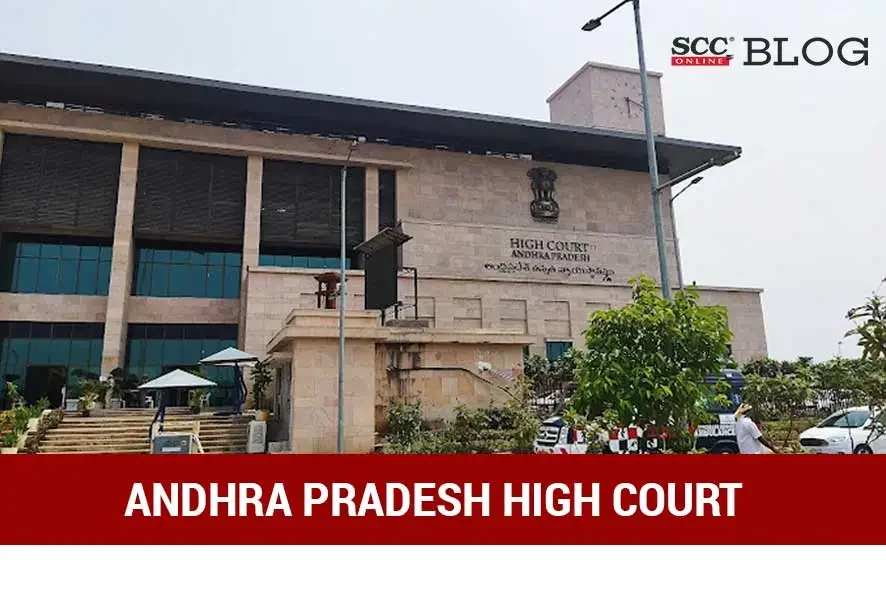Andhra Pradesh High Court: In a case wherein, the revision petition was filed by the petitioner to challenge the transfer order passed by the Principal District Judge, Eluru, R. Raghunandan Rao, J., opined that the petition under Section 27 of the Special Marriage Act, 1954 (‘the SM Act’) would have to be filed before the Principal District Judge, who could either hear the matter personally or transfer the matter to any of the Additional District Judges and accordingly dismissed the petition.
Background
In the instant case, the petitioner and the respondent were married under the SM Act on 23-12-2017. Further, on account of differences between them, the respondent had filed maintenance case and a domestic violence case before the Additional Judicial Magistrate of I Class, Bhimavaram. Thereafter, the petitioner had filed a case before the Principal District Judge, Eluru for dissolution of marriage by grant of divorce decree under Section 27 of the SM Act.
Since, the respondent was residing in Bhiwavaram and the other cases were before the Bhiwavaram Court, the respondent approached the Principal District Judge, Eluru, to seek transfer of the case filed by petitioner from the Principal Judge, Eluru to the Court of Additional District Judge, III, Bhiwavaram. Subsequently, the petition was allowed by the Principal District Judge, Eluru.
Thus, the present revision petition was filed to challenge the transfer order passed by the Principal District Judge, Eluru.
Analysis, Law, and Decision
The Court opined that the provisions of Andhra Pradesh Civil Courts Act, 1972 (‘the Civil Courts Act’) made it amply clear that the Judge and the Additional District Judge were part of the District Court. The Court stated that, this is of significance as under Section 27 of the SM Act, an application had to be filed before District Court and not before the Principal District Judge.
The Court further opined that Section 11-(2) of the Civil Courts Act empowered the District Judge to transfer any case to Additional District Judge who would have the same power as that of the District Judge in disposing of the transfer cases. Thus, it could not be held that the Additional District Judge was barred from considering or disposing of divorce petitions filed under the SM Act.
The Court referred to Lakhamraju Sujatha v. Yuvaraj Finance Pvt. Ltd., 2009 SCC OnLine AP 718, wherein similar issue had come up before the Division Bench of Andhra Pradesh High Court, and the Court applying the provisions of Section 10 and 11 of the Civil Courts Act, had held that an Additional District Judge met the requirements engrafted under the provisions of the Arbitration and Conciliation Act, 1996 and would be competent to enforce the decree.
The Court opined that the language employed in both the Arbitration and Conciliation Act, 1996 and the SM Act were in pari materia similar and the ratio of Lakhamraju Sujatha v. Yuvaraj Finance Pvt. Ltd., 2009 SCC OnLine AP 718, would apply squarely to the provisions of the Special Marriage Act, 1954 also.
The Court opined that the appropriate interpretation of the provisions would be to hold that the petitions under Section 27 of the SM Act would have to be filed before the Principal District Judge, who could either hear the matter personally or transfer the matter to any of the Additional District Judges and accordingly dismissed the petition.
[Vase Ananda Rao v. Smt. Vase Lakshmi Pargna, 2023 SCC OnLine AP 1624, order dated 16-08-2023]
Advocates who appeared in this case :
For the Petitioner: P. Venugopala Rao, Senior Counsel; Sambasiva Pratap Evana, Advocate;
For the Respondent: P.N. Murthy, Advocate.








